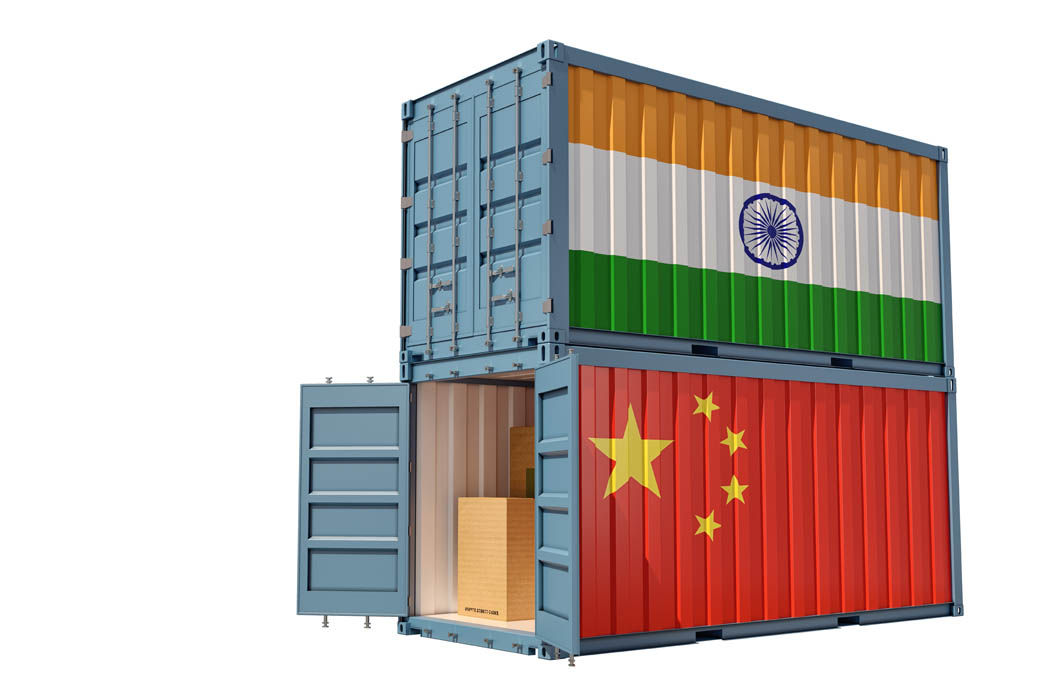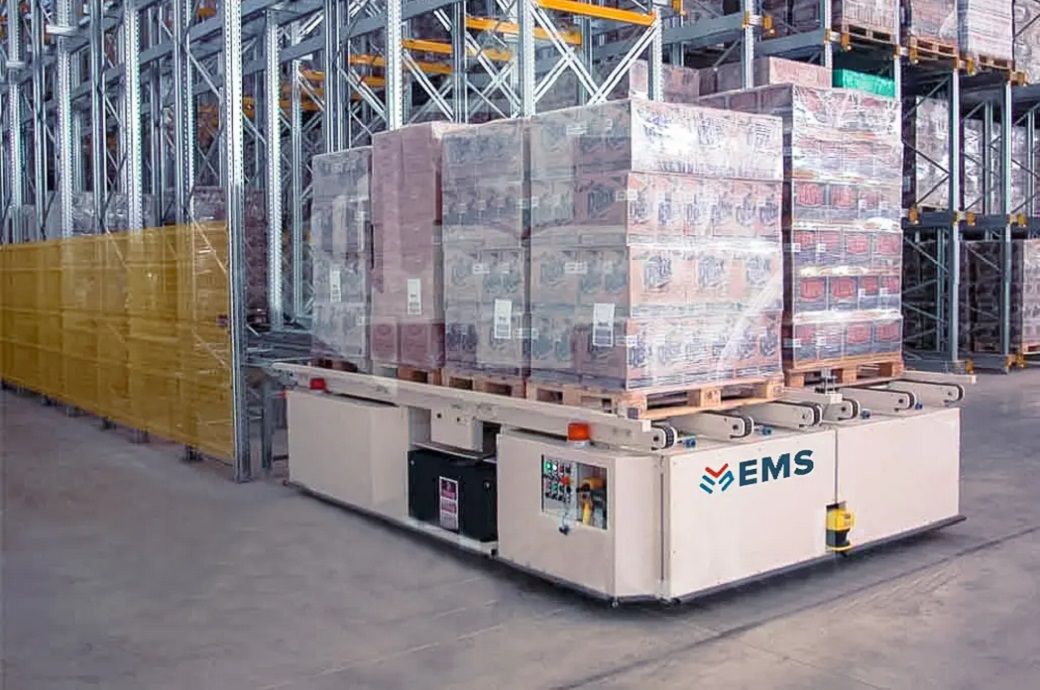UK’s software solutions company Coats Digital has helped Shanghai Jiale Company Ltd, a fashion manufacturer of knitted outerwear and sportswear, significantly reduce the time it takes to produce core styles from 15.9 to 11.28 minutes, with Coats Digital’s GSDCost solution–resulting in an overall Standard-Minute-Value (SMV) reduction of 30.4 per cent on the factory floor.
Following a rigorous training programme from GSDCost experts, Jiale has established its own robust SMV library for core styles, which has also benefitted cost management, capacity planning, production planning, and employee payroll accounting teams across the business, according to a press release. The success of the implementation has resulted in the solution being adopted by Jiale Group’s production base across Indonesia.
Established in 1993, Shanghai Jiale has production sites in China and Indonesia and employs over 10,000 workers. The company boasts a comprehensive manufacturing offering, incorporating fabric research and development, knitting, dyeing, finishing, printing, and embroidery. It has an annual output of 50 million garments and its global clients include Uniqlo, Levi’s, Tommy Hilfiger, Decathlon, Nike Champion, Puma, Lining, and Anta. Shanghai Jiale is accredited as a Shanghai Top 500 Industrial Enterprise, a Shanghai high-tech enterprise and is part of the Shanghai Environmental Protection Advanced Collective.
Prior to implementing GSDCost, Jiale Shanghai lacked a scientifically based method-time-cost standard to create accurate cost and capacity forecasts. As a result, new product quotations were incorrect and inconsistent since they were based entirely on non-standardised historical data, previous experience, and guesswork. This subsequently led to unquantifiable efficiency targets, uncertain production capacity, unbalanced production lines, unachievable working incentives, and unpredictable manufacturing costs.
“In the past, we established standard hours through our own time studies and historical experience. This was time-consuming and labour-intensive, and subject to external interference from subjective factors, so the accuracy of standard working hours could not be guaranteed,” said Michael Zhong, IE director of Jiale Group.
Following the implementation of GSDCost, Shanghai Jiale was able to establish international standard time benchmarks based on standard motion codes and predetermined times. This enabled the sales, costing, planning, and manufacturing teams to communicate efficiently using the same language, based on a scientific method for correctly analysing manufacturing costs.
“GSDCost is a very important project for the digital transformation of the group. Through GSDCost, a standardised production process has now been established, which has successfully been applied to other processes in the production management lifecycle, such as capacity planning, planning management, production efficiency management, production line balancing, and employee skills training. Finally, through GSDCost we have significantly improved management visibility and achieved one single version of the truth that benefits all team stakeholders. The GSDCost system has consequently greatly improved our ability to deal with complex cost management scenarios, and ensured the efficient and smooth communication between factories and business departments, since critical information can now be clearly visualised and communicated on the same platform,” added Zhong.
With an open transparent platform onboard, the costing and planning teams were able to confidently negotiate fair product prices with customers, and the production teams were able to avoid unnecessary emergency costs as production plans were based on accurate capacity forecasts.
“With dedicated hard work from both the GSDCost and Jiale teams, our own robust Standard-Minute library for core styles has now been firmly established and we have achieved outstanding results. By reducing our initial SMV of 15.9 minutes to 11.28, our manufacturing costs have reduced significantly. This achievement will certainly impact the whole business in a positive way – from financial cost management, capacity planning, and production planning teams to employee payroll accounting and efficiency management departments. As a result, we can now capitalise on additional order opportunities across all business units,” commented Bella Yang, GSD project director of Jiale Group.
Coats Digital’s GSDCost method analysis and pre-determined times solution is widely acknowledged as the de-facto international standard across the sewn products industry. The solution supports a more collaborative, transparent, and sustainable supply chain, in which brands and manufacturers establish and optimise ‘International Standard Time Benchmarks’ using standard motion codes and predetermined times, added the release. This use of a common language and standards supports accurate cost prediction, fact-based negotiation, and a more efficient garment manufacturing process, while concurrently delivering on CSR commitments.
“The determination of Jiale management to promote the GSDCost project, from project establishment to customer and staff buy-in, has been exemplary. The team showed great enthusiasm and determination to successfully overcome an initial change-resistant internal culture from the top down. Through the rigorous training of the GSDCost team, the Jiale team soon quickly grasped the scientific standard working hour management system and gradually established a standard database that has achieved remarkable results across the whole business. The success of the Shanghai factory has greatly inspired Jiale’s customers, and we are delighted that the group headquarters has decided to officially roll out GSDCost across its Indonesian production base, as a result,” said Boris Lu, customer success manager, Coats Digital.
The key benefits and ROI for Shanghai Jiale Company Ltd are reduction of SMVs by 30.4 per cent, one version of the truth visibility ensuring efficient communication between business units, improved production line balancing, fair negotiated price costings for customers, less emergency costs, reduction in overtime costs, ability to deal with complex orders seamlessly, better quality improvement, fact-based stable manufacturing costs, increased orders, and achievable performance incentive programmes.
This is pretty technical so I’ll do my best. Coats Digital, a UK software company, has helped Shanghai Jiale Company Ltd, a fashion manufacturer of knitted outerwear and sportswear, significantly reduce the time it takes to produce core styles. With Coats Digital’s GSDCost solution, the time has gone from 15.9 minutes to 11.28 minutes–resulting in an overall Standard-Minute-Value reduction of 30.4 per cent on the factory floor.


 World News2 years ago
World News2 years ago
 World News2 years ago
World News2 years ago
 World News2 years ago
World News2 years ago
 World News2 years ago
World News2 years ago
 World News2 years ago
World News2 years ago













